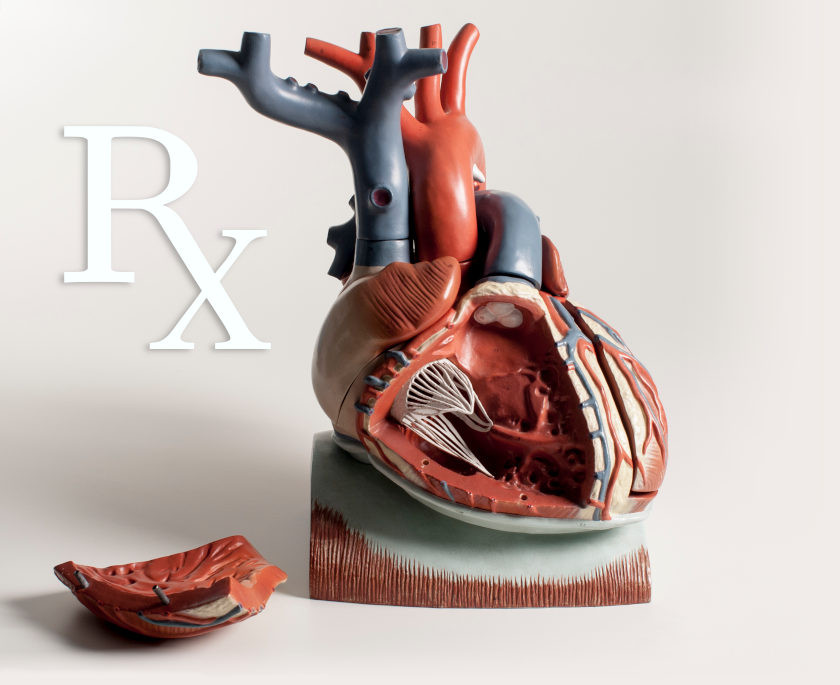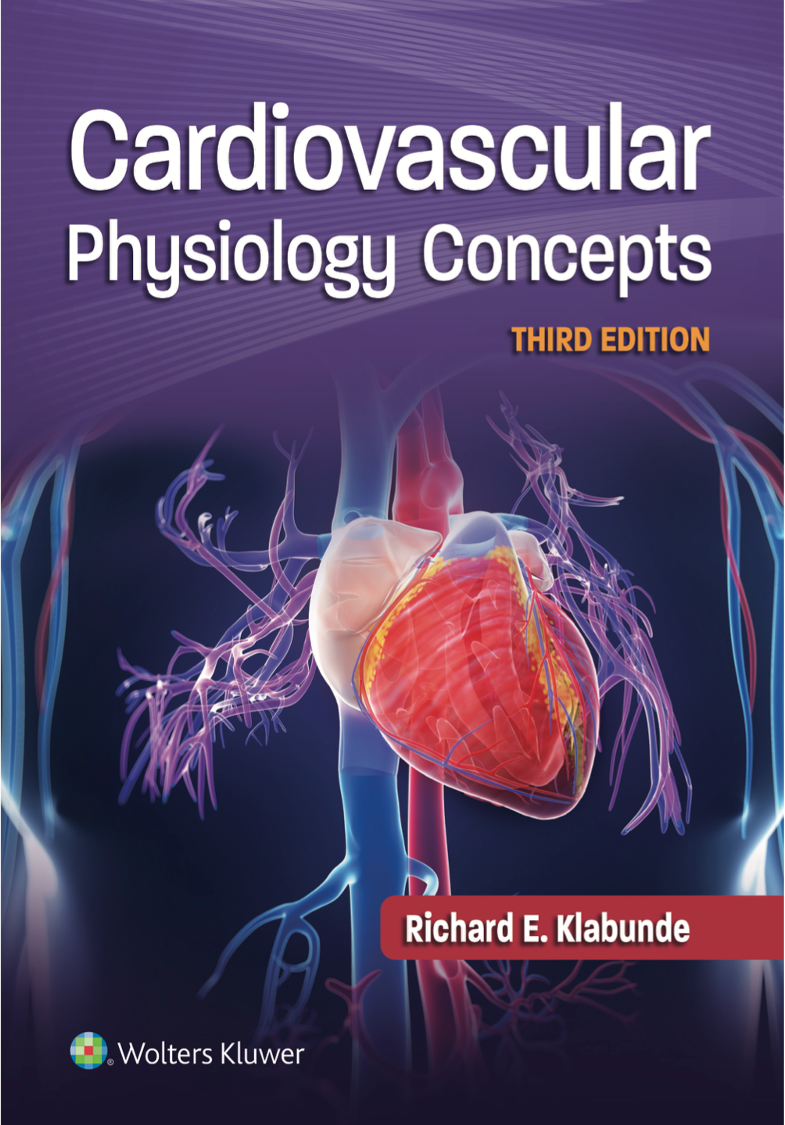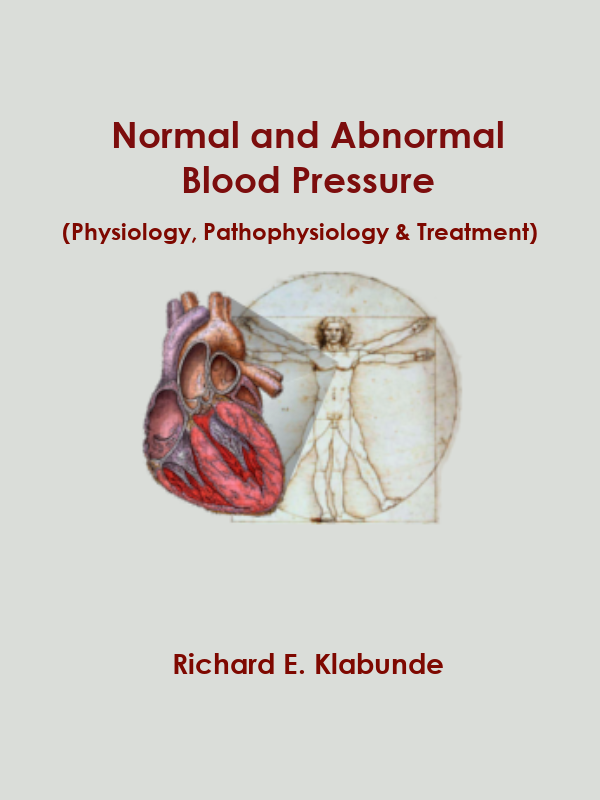Guided Learning - Diuretic Drugs
(NOTE: Turn off or override browser pop-up blockers.)
- What is the rationale for using diuretic drugs in the treatment of hypertension, heart failure, and edema? click here
- In heart failure (systolic dysfunction) patients, why does the administration of a diuretic not significantly diminish stroke volume as it lowers ventricular preload and venous pressure? click here
- How do drugs that reduce blood volume reduce arterial pressure? click here
- How do diuretics decrease blood volume? click here
- What are the differences between thiazide, loop, and potassium-sparing diuretics in terms of their site of action in the kidney and their overall efficacy in lowering blood pressure? click here
- What are the renal mechanisms by which loop and thiazide diuretics produce hypokalemia? click here
- What are the two renal mechanisms for potassium-sparing diuretics? click here
- What are some important adverse side effects and drug interactions for each of the classes of diuretic drugs? click here
Revised 10/28/2023

 Cardiovascular Physiology Concepts, 3rd edition textbook, Published by Wolters Kluwer (2021)
Cardiovascular Physiology Concepts, 3rd edition textbook, Published by Wolters Kluwer (2021) Normal and Abnormal Blood Pressure, published by Richard E. Klabunde (2013)
Normal and Abnormal Blood Pressure, published by Richard E. Klabunde (2013)